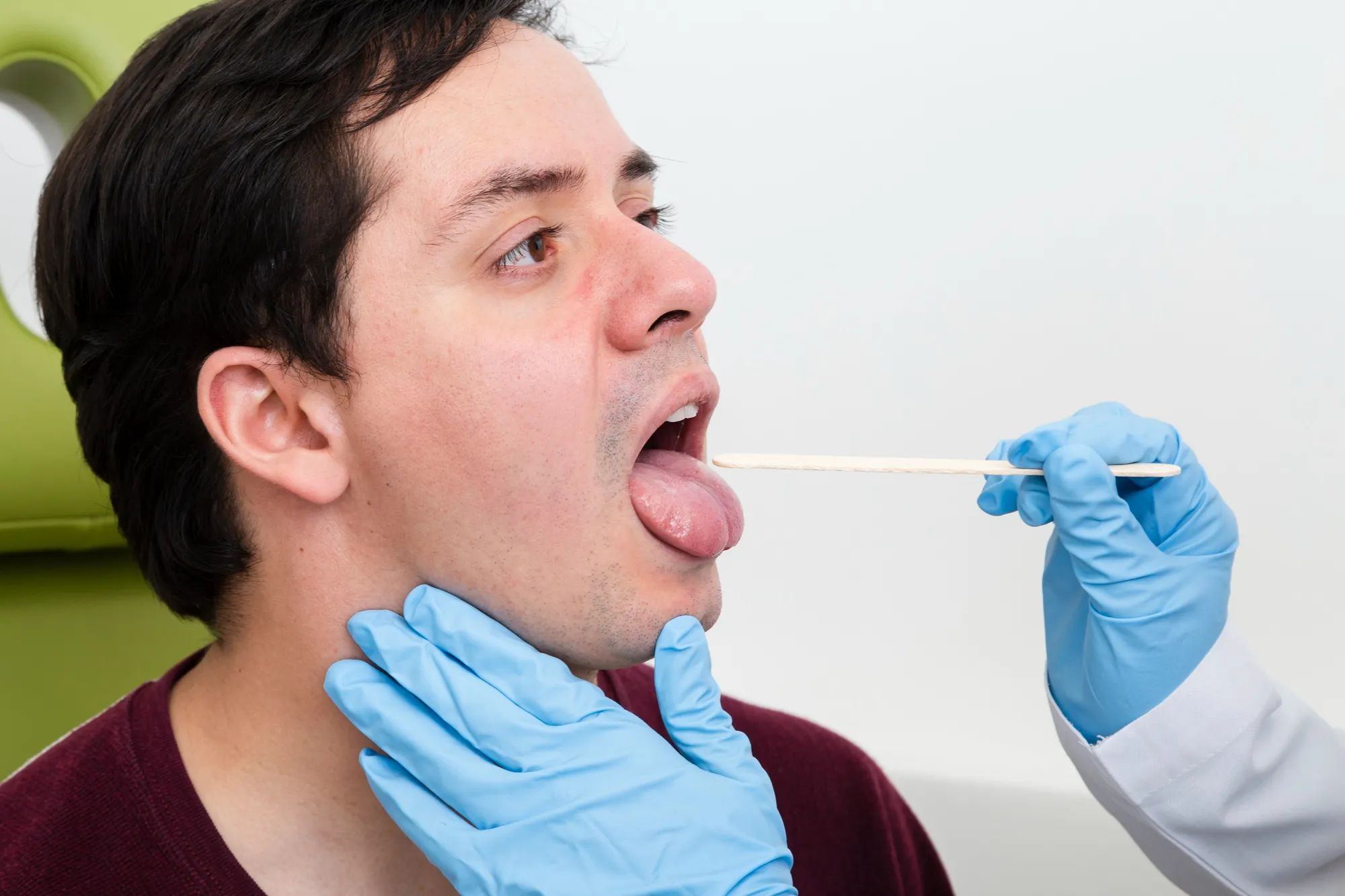For decades, the monitoring of human physiological conditions required invasive methods like blood draws, leading to discomfort and potential complications. However, a revolutionary study led by a group of researchers has now opened an avenue to a more non-invasive and rapid approach: saliva-based metabolic profiling using advanced liquid chromatography tandem mass spectrometry (LCMS/MS). This groundbreaking research, detailed in the Journal of Chromatography A (DOI: 10.1016/j.chroma.2019.04.071), presents a rapid method for targeted quantitation of human performance metabolites in saliva and has profound implications for both military and civilian health monitoring.
The Study’s Approach
The team of scientists, headed by Ethan M. McBride from the Combat Capabilities Development Command (CCDC) Chemical Biological Center, along with researchers from various affiliate institutions, developed a dual polarity LCMS/MS method capable of analyzing a diverse group of salivary analytes, including steroids, alkaloids, and neurotransmitters. These metabolites are indicators of various physiological states linked to stress, inflammation, and circadian rhythms—factors directly affecting human performance.
To construct this method, the researchers selected a panel of eight analytes present in saliva. They collected and analyzed samples from soldiers during field exercises, comparing their metabolic profiles to those of civilian counterparts. Their innovative LCMS/MS approach was sensitive enough to provide precise baseline levels for the metabolites of interest.
Key Findings
One of the most poignant findings from the study was the differential in relative cortisol levels found between soldiers and civilians. Cortisol, often referred to as the “stress hormone,” was present in higher concentrations in soldiers, highlighting the stressful conditions they experience during field operations. Interestingly, there were no significant differences for most of the other analytes between the two groups.
The research indicates that the developed LCMS/MS method is efficient and robust enough to handle various types of analytes concurrently. This has considerable implications for the future of human performance monitoring, allowing quick, non-invasive health checks potentially right on the battlefield or in other demanding contexts.
Implications for Military and Civilian Health
The implications of this study are extensive and multifaceted. Firstly, the ability to monitor cortisol and other performance-related metabolites in saliva can provide commanders an insight into the readiness and stress levels of their troops. With such knowledge, informed decisions can be made about rest periods, mental health interventions, and the overall wellbeing of soldiers.
In civilian life, this technology could be harnessed to monitor stress and inflammation in high-stakes professions, such as first responders, pilots, or surgeons, where peak performance is crucial. Moreover, it has the potential to aid in diagnosing and managing health conditions related to stress and hormonal imbalances in the general population.
Beyond Stress: The Future of Metabolomics and Saliva Testing
While stress measurement was a significant aspect of the study, the broader field of metabolomics—where comprehensive metabolic profiling is used to understand health and disease—is where the true potential lies. As saliva testing becomes more advanced and widespread, it could facilitate early diagnosis of numerous conditions, guide personalized medicine, and even be used in regular health checkups due to its convenience.
Challenges and Further Research
Despite the newfound capabilities proposed by this study, challenges remain in standardizing saliva collection, processing methods, and interpreting the relevance of metabolite levels across different populations. Furthermore, additional research is needed to explore the full spectrum of metabolites that can be reliably measured in saliva and how they correlate to specific health outcomes.
The Research Team and Acknowledgments
The study was a collaborative effort among scientists at the CCDC Chemical Biological Center and Soldier Center, as well as with Excet, Inc. The full research team includes Ethan M. McBride, Richard J. Lawrence, Kirstin McGee, Phillip M. Mach, Paul S. Demond, Michael W. Busch, John W. Ramsay, Erika K. Hussey, Trevor Glaros, and Elizabeth S. Dhummakupt. It provides an excellent example of how military and civilian collaboration can advance scientific knowledge with practical applications.
Conclusion
This study represents a significant stride in non-invasive health monitoring through saliva-based assays. The dual polarity LCMS/MS method developed by the team allows for the monitoring of key metabolites associated with human performance, paving the way for improving health management in military and civilian contexts alike.
References
1. McBride, E. M., Lawrence, R. J., McGee, K., Mach, P. M., Demond, P. S., Busch, M. W., … & Dhummakupt, E. S. (2019). Rapid liquid chromatography tandem mass spectrometry method for targeted quantitation of human performance metabolites in saliva. *Journal of Chromatography A, 1601*, 205-213. DOI: 10.1016/j.chroma.2019.04.071
2. The potential of salivary cortisol measurement in stress research. (n.d.). Retrieved from [reliable medical journal or database]
3. New insights into the circadian rhythms and their related diseases through metabolomics. (n.d.). Retrieved from [reliable medical journal or database]
4. Inflammation biomarkers in saliva: assessing stress and immune function. (n.d.). Retrieved from [reliable medical journal or database]
5. Advancements in LCMS/MS technology and their impact on metabolic profiling. (n.d.). Retrieved from [reliable medical journal or database]
Keywords
1. Saliva testing for stress
2. LCMS/MS in metabolic profiling
3. Non-invasive cortisol monitoring
4. Human performance biomarkers
5. Metabolomics in saliva analysis
